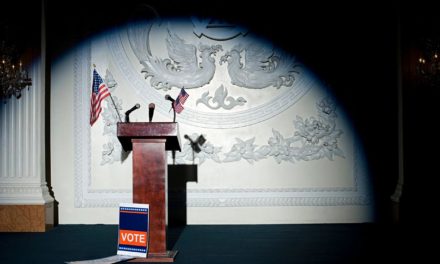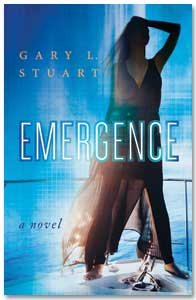COVID-19 descended in 2020, writers hid out, sanitized their computers, wrote masked, and are slowly emerging from the writing hole with new genres. Who coulda guessed that? It’s now 2021 and we have six emerging genres for newbie, mid-list, and mad writers to clatter about. The Independent Publishing Magazine bets you haven’t even heard of them.[1] Check. They have a small specific audience. Check. The vast majority of writers understand it. Not so.
Assume this is all true, not just another writers conspiracy theory trying to pierce the political shield. Do these brave new writers get ethics, along with genre training?
Mythopoeia is a mouthful to say, a shadow to trace, and an itch. The author Ester Brieley says, “It translates from the Greek as mythmaking.” She defines it as a modern version of mythology that balances tradition with the demands of modern readers. Good luck with that. The ethics of the thing will probably depend on whether you read screens or paper. My guess is they’ll eBook it in lieu of POD.
Bitpunk is said to be the 8-bit version of cyberpunk and post-cyberpunk. Which was first? It has aesthetics, that’s clear enough. But does it have ethics? Not checked.
Cli-Fi is warming. Check. It gets the grasp on our planet posed by global warming. So, to calm tepid nerves this genre calls itself climate fiction. But since its fiction, it gets a hall pass on the equator and a hop and skip to either pole. Some name writers are into it, like Ian McEwan and Michael Crichton. Many hope it evolves just as Darwin did some time back. The Independent Publishing Magazine hopes it adapts to geopolitical movements. Transformation checking, checking . . .
Lucid Fiction has always been a sliver between a dream and reality but much prefers dreams. It revolves around surrealistic images, solving puzzles and redefining what’s real and what’s not. Will it compete with mass media? Both are manipulation machines blurring truth. Not fact checked.
Bizarro might be a comic strip or the name of a genre vested in weird fiction. It is said to be a response to the “growing demand for all kinds of weird.” They call it a literature version of cult movies. The elder community hopes that when movies finally come back, they won’t be cult.
And ranking number six of six, we have Twitter Novels. They got me on this one—a 280-character fictional Tweet novel? Twitter might be a perfect place for new literary genres to emerge disguised as microblogging. The Twitter King himself lost his twit because he couldn’t spell. Blessedly not checked.
While Madame Wiki is not an ethicist, she frequently tiptoes into the writing pond. She says, “Literary fiction is a term used in the book-trade to distinguish novels that are regarded as having literary merit, from most commercial or ‘genre’ fiction. However, the boundaries are not fixed, and major literary figures have employed the genres of science fiction, crime fiction, romance, etc, to create works of literature. Furthermore, the study of genre fiction has developed within academia in recent decades.”[2] Check.
[1] http://www.theindependentpublishingmagazine.com/2018/11/6-emerging-book-genres-we-bet-you-havent-heard-of-ester-brierley-guest-post.html
[2] https://en.wikipedia.org/wiki/Literary_fiction

I am an author and a part-time lawyer with a focus on ethics and professional discipline. I teach creative writing and ethics to law students at Arizona State University. Read my bio.
If you have an important story you want told, you can commission me to write it for you. Learn how.






 I am an author and a part-time lawyer with a focus on ethics and professional discipline. I teach creative writing and ethics to law students at Arizona State University.
I am an author and a part-time lawyer with a focus on ethics and professional discipline. I teach creative writing and ethics to law students at Arizona State University.  My latest novel is Emergence, the sequel to Let’s Disappear.
My latest novel is Emergence, the sequel to Let’s Disappear.  If you have an important story you want told, you can commission me to write it for you.
If you have an important story you want told, you can commission me to write it for you.